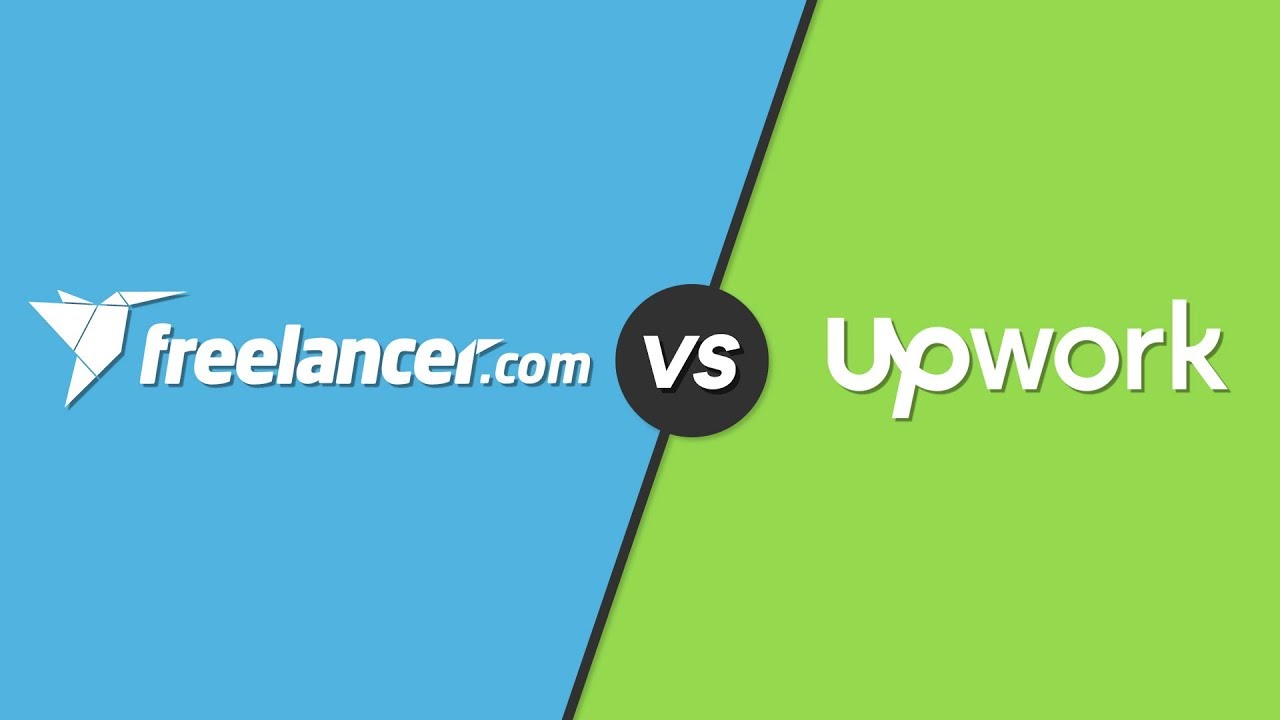Upwork vs Freelancer for recruiting team members

Freelancer and Upwork have their advantages and disadvantages. Find out which one we think is the clear winner.
Freelancing sites kind of suck. While they are a useful tool for employers looking for freelancers and vice versa, it can be an extremely time-intensive process. While it’s nothing compared to posting job opportunities, it is still very frustrating.
Some freelancers poorly judge their skills and their worth. Some employers underestimate what their project should cost and try to ask for too much for too little.
It can happen occasionally, but freelancers screw up projects. Unfortunately, employers that do too little regarding trying to make things clear in terms of what they want/expect for their project do exist.
All together, it ends up being a frustrating environment for both hiring and finding jobs. There are golden opportunities to be had for the motivated on both sides, but it’s about finding the best process and place to find those needle in a haystack.
That’s why your choice of freelancing site matters. Looking at Upwork and Freelancer compared, it’s hard to say which is better at first. Freelancer has the branding, Upwork has the trust of many freelancers.
Why Upwork Is The Winner
Upwork for both employers and employees charges differently than freelancer does. They offer more freedom and a better designed UX setup that makes it easy to run, hire, or work for any project that is needed.
The charges themselves for freelancers is about 20% of each project plus a frustrating extra bit of money a month for bids and for an upgraded bidding account which helps secure better contracts.
Even with those, there are ways to sift through what is good and bad for freelancers with ease. Relying on verified payment statuses and employer reviews and history works well for figuring out who is legitimate and who isn’t.
Upwork’s support is in many cases better than their counterpart as well.
For Employers
For employers, it is equally advantageous. Within hours of posting a new opportunity that is well worded, and choosing to “boost” your listings, it becomes evident that you will get a flurry of low to medium quality offers. But, within those is almost always at least a handful of promising entries.
Coupled with the chance to post/split test multiple ways of wording the jobs, you get a chance to see in live time what works and quickly recruit for crucial projects on a deadline and find those that can help you get what you need to be done.
Freelancer is a good solution as a secondary option/supplementary choice, but it’s too disorganized. When it comes to picking Upwork vs. Freelancer, the choice for us is clear, Upwork is the winner and for a good reason.
If you’re looking to hire a freelancer, then keep these five tips in mind:
- Don’t hire the first applicant that fits. Wait until you see what there is to offer.
- Be clear with what you expect, and give examples if you can.
- Help your applicants understand by answering questions, but have as many answers prepared beforehand in an FAQ to save time and weed out who can understand/comprehend on their own.
- Don’t go cheap; you definitely get what you pay for.
If you’re trying to get hired:
- Be concise but paint a picture of what you can do.
- Give examples and tie them into the project at hand.
- Be timely, and always be honest with what you can do/provide.
- Undersell/Overdeliver
- Make sure your profile is polished.
- Try and rack up 10-20 good reviews initially before shooting for big projects.
What do you think? Have you used either platform–which do you like better? Let us know in the comments!